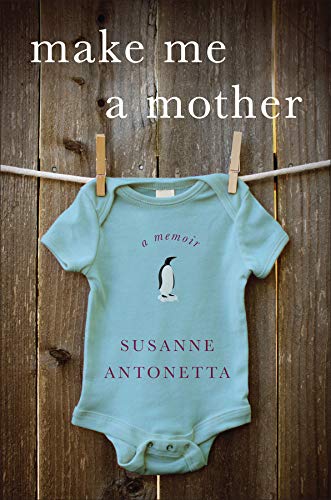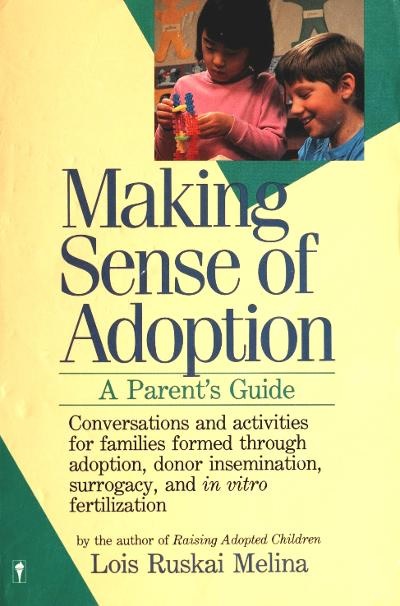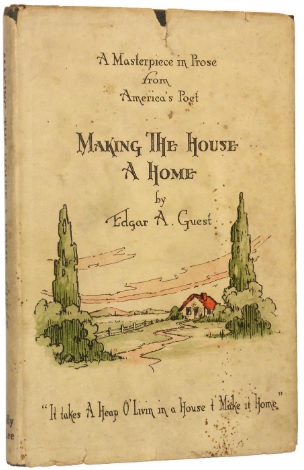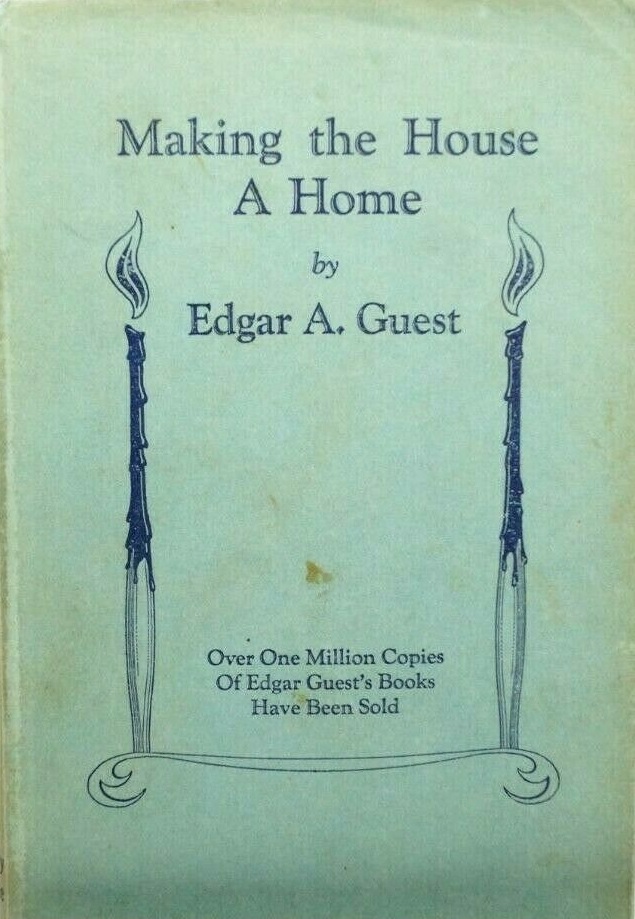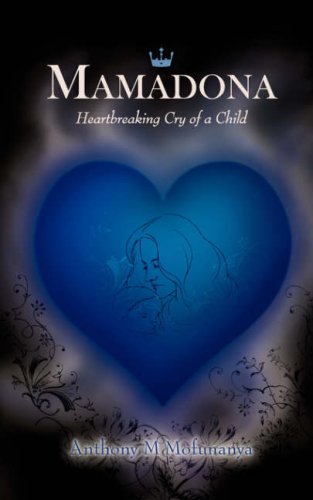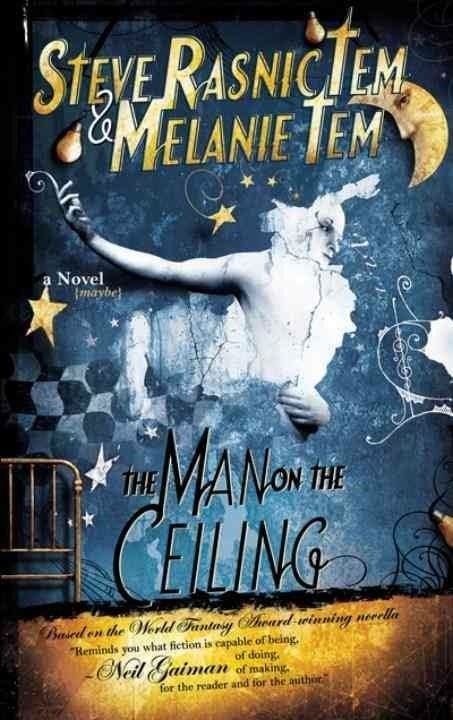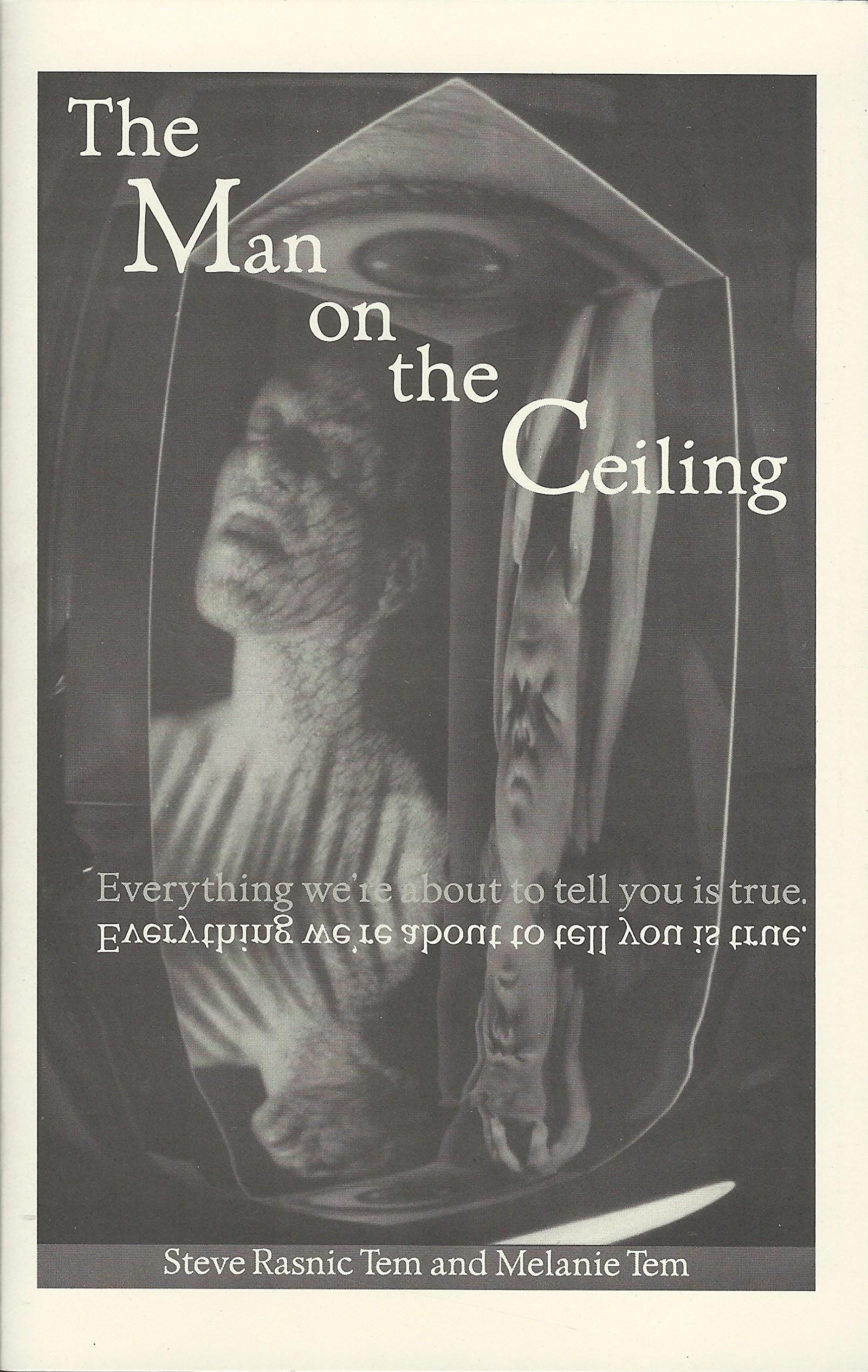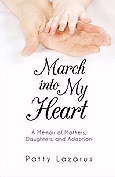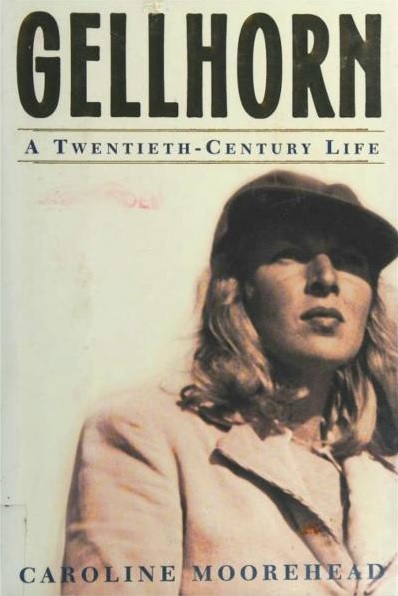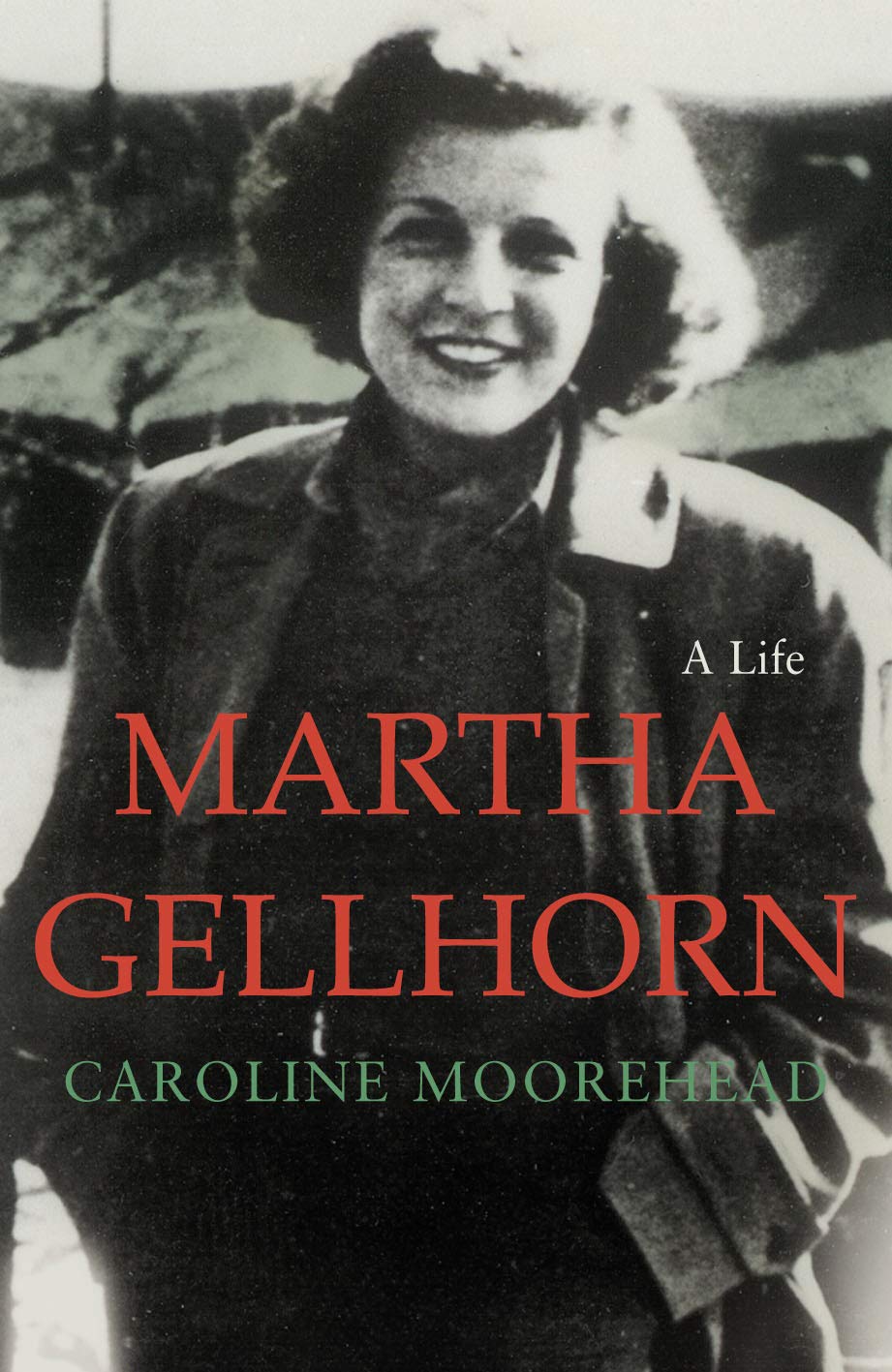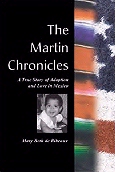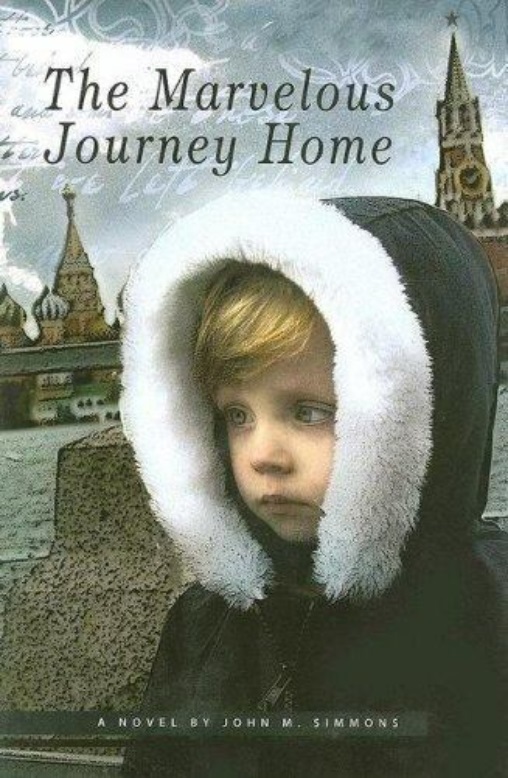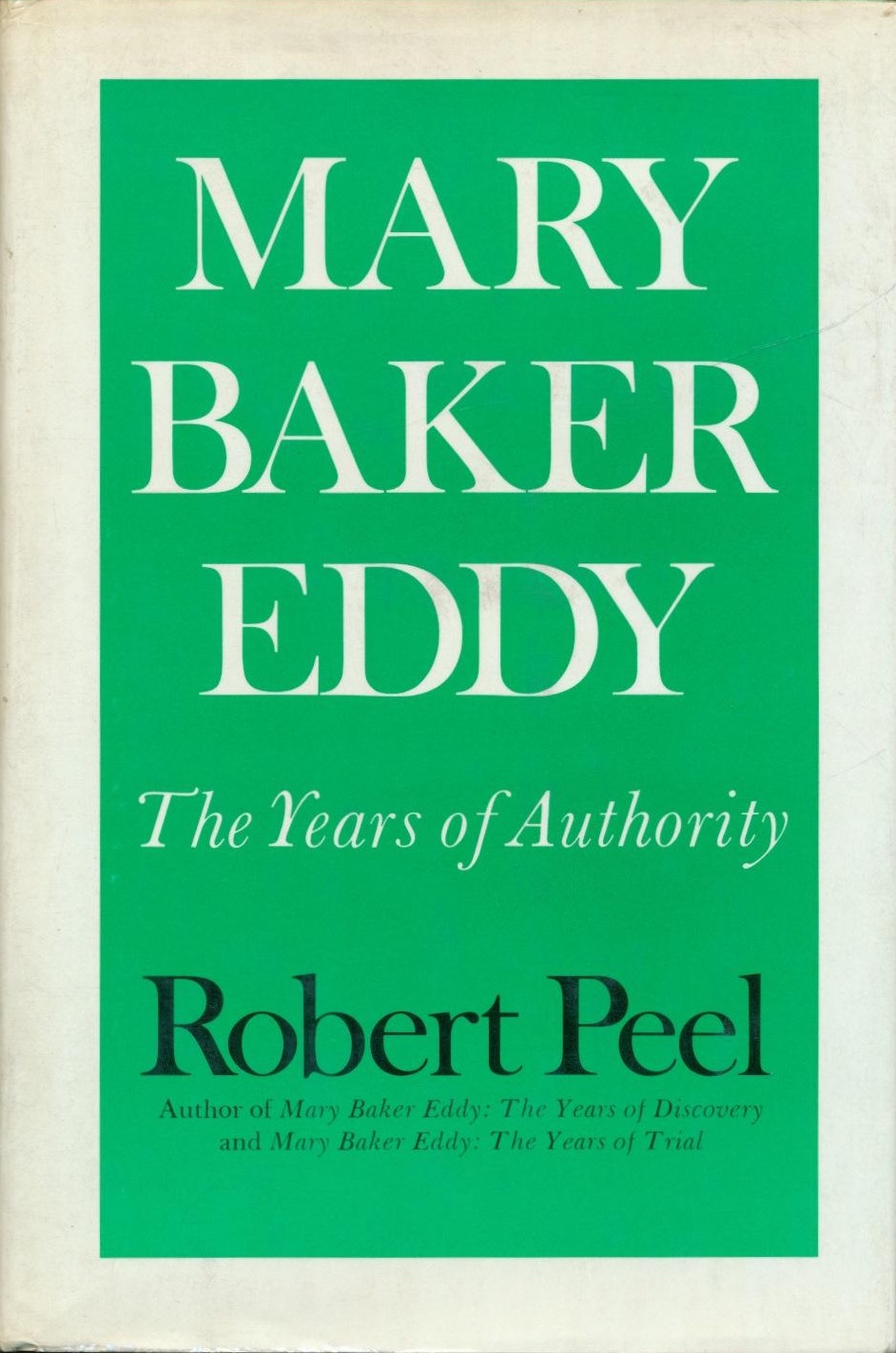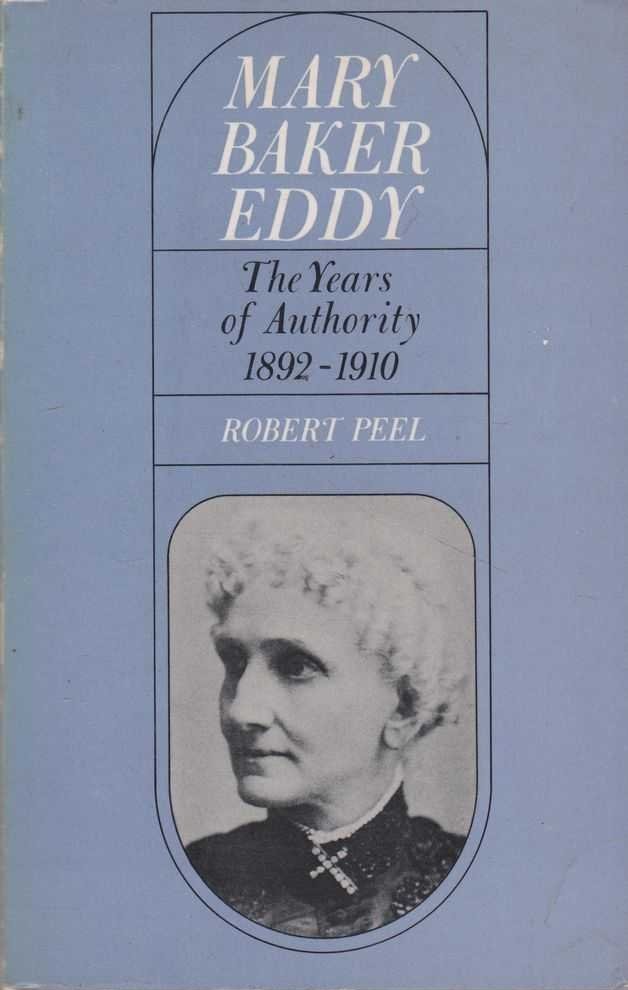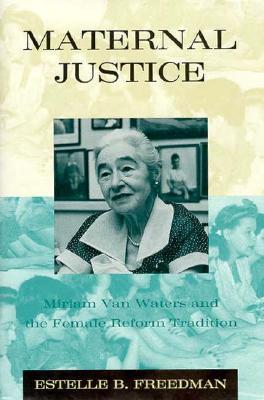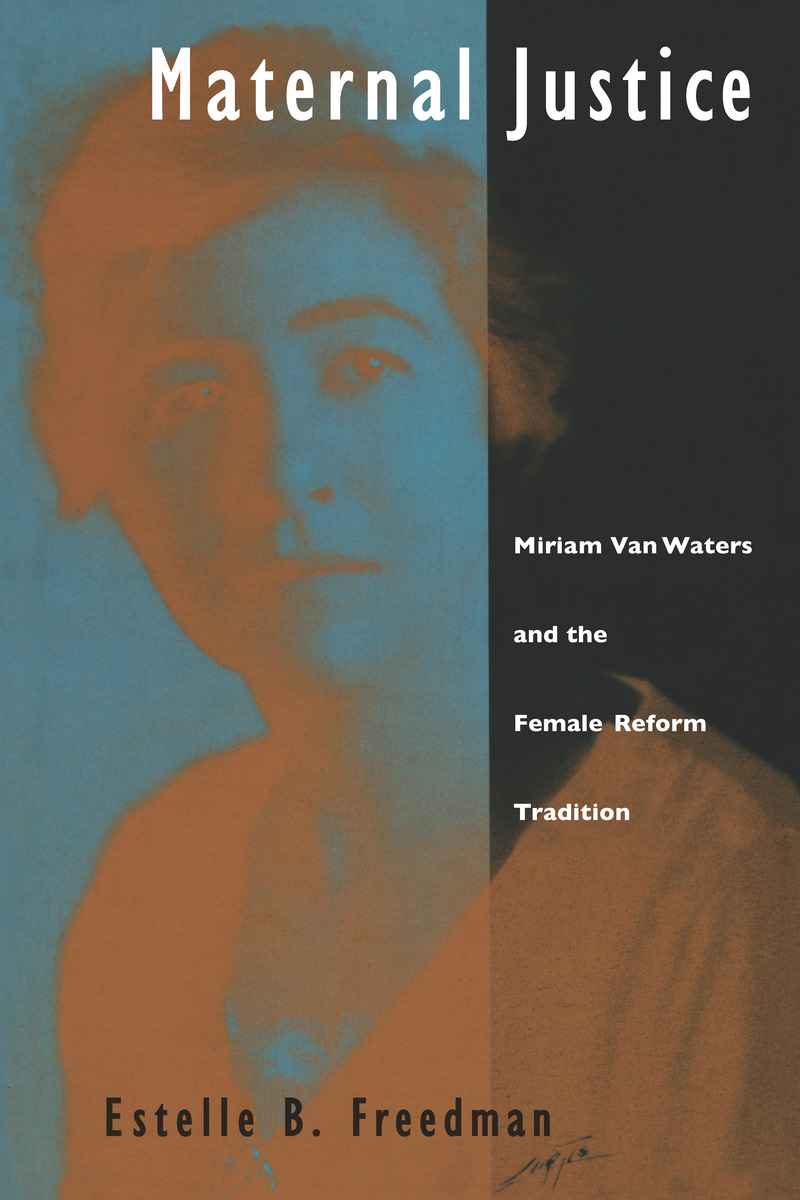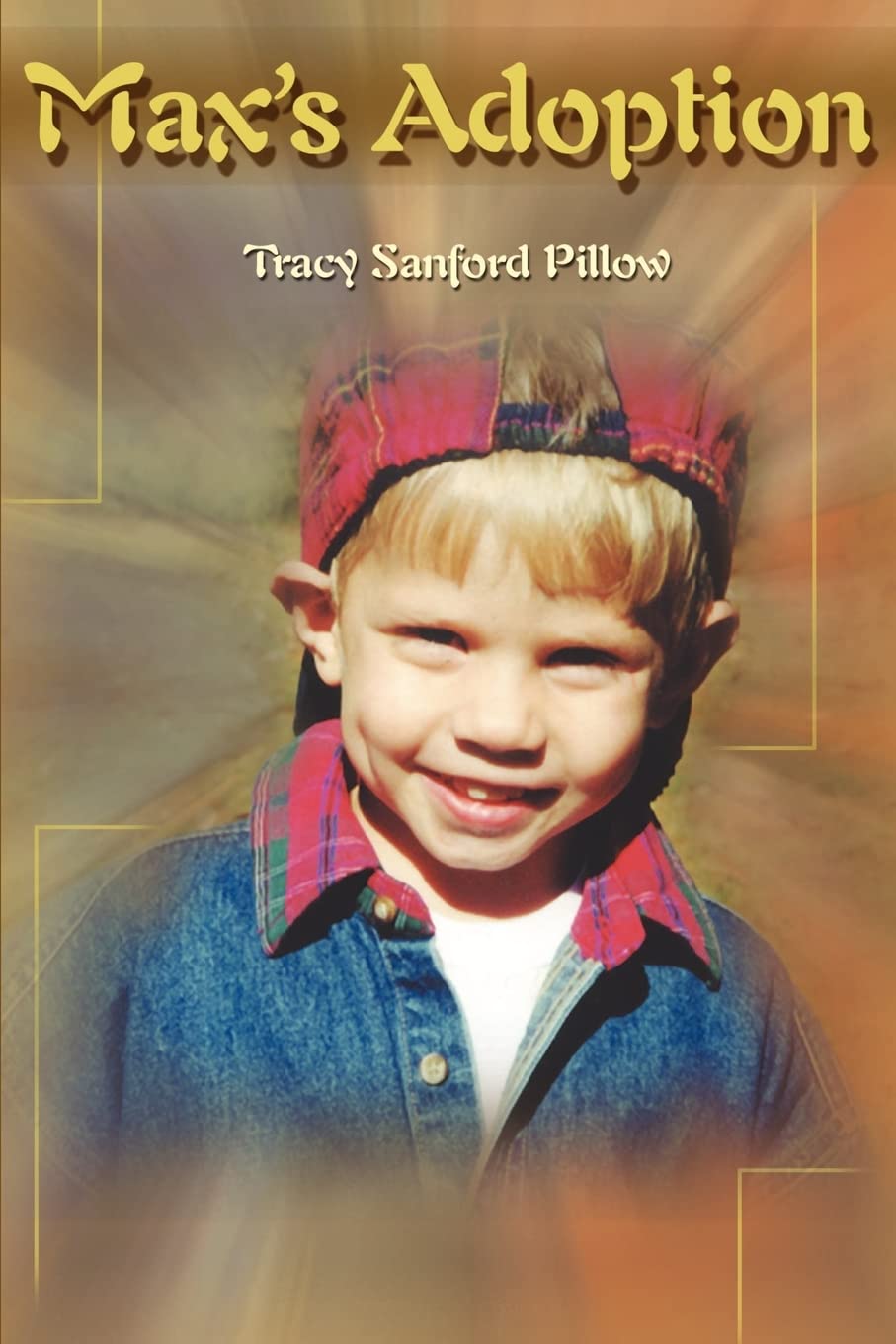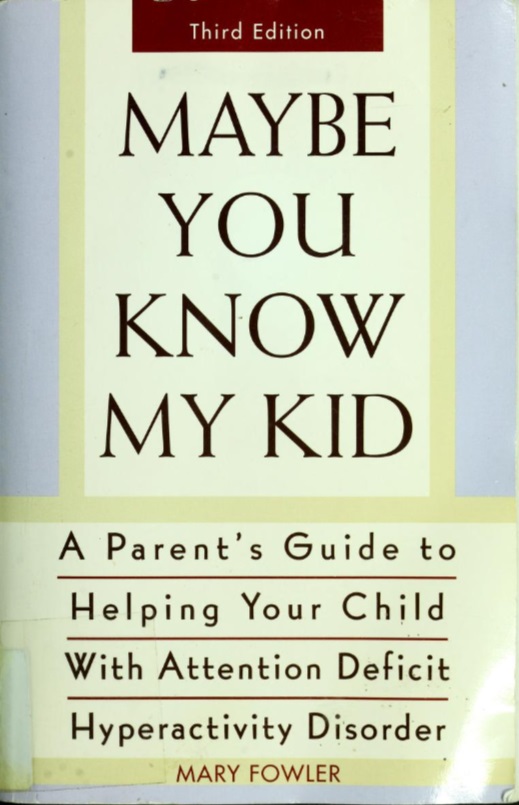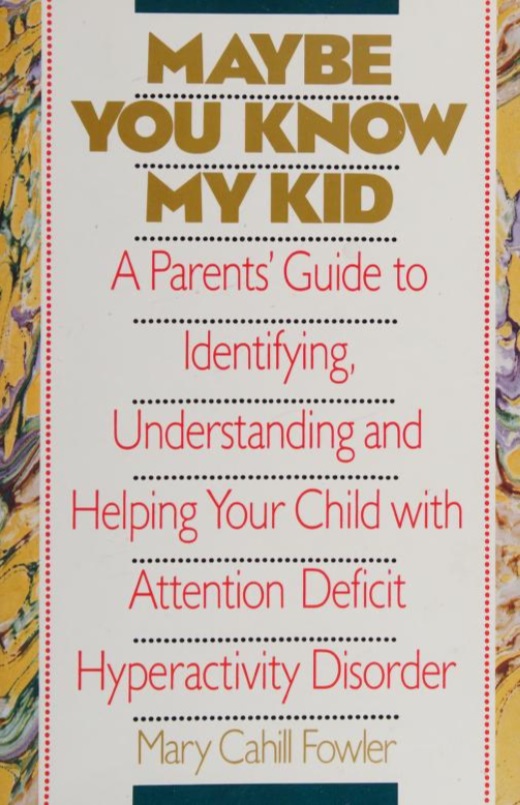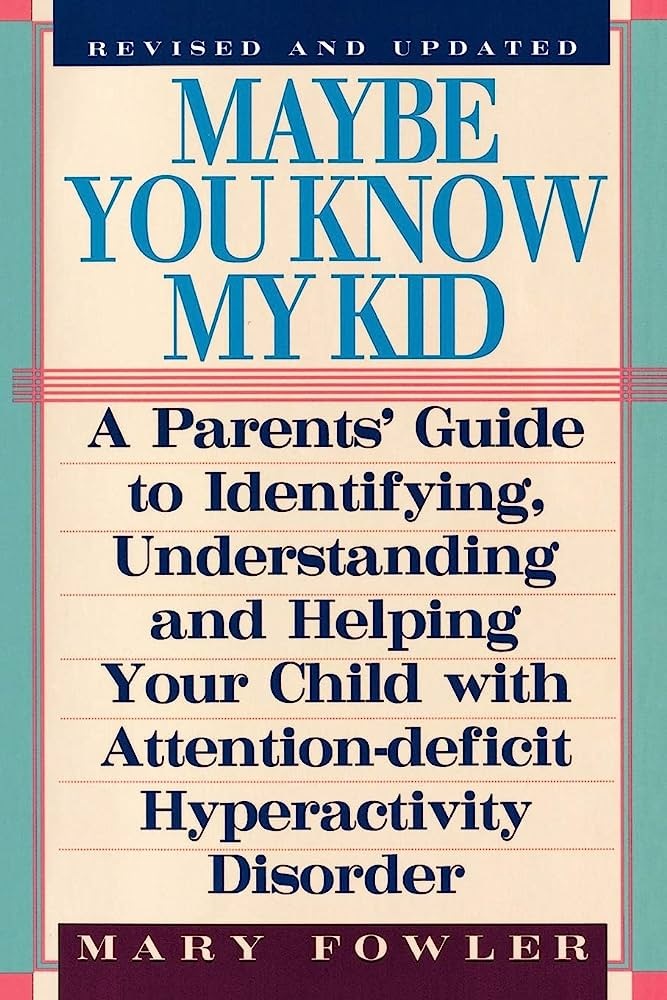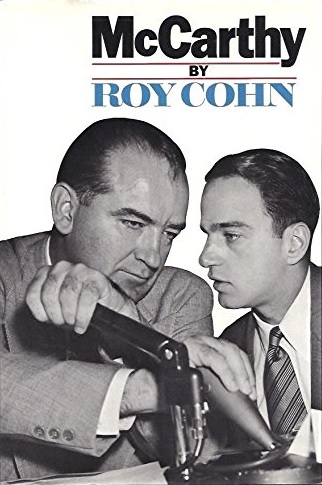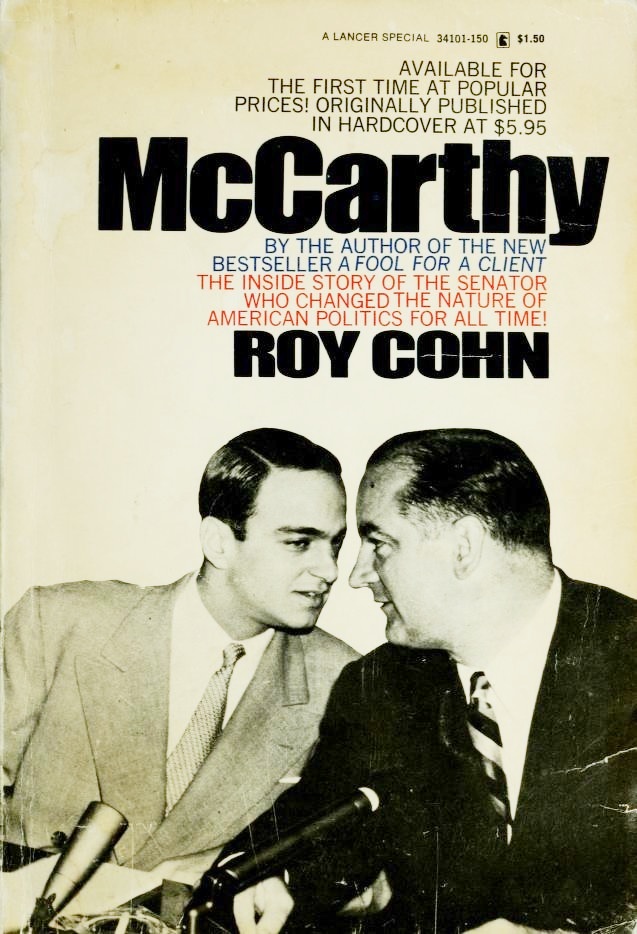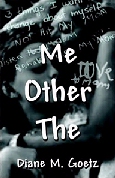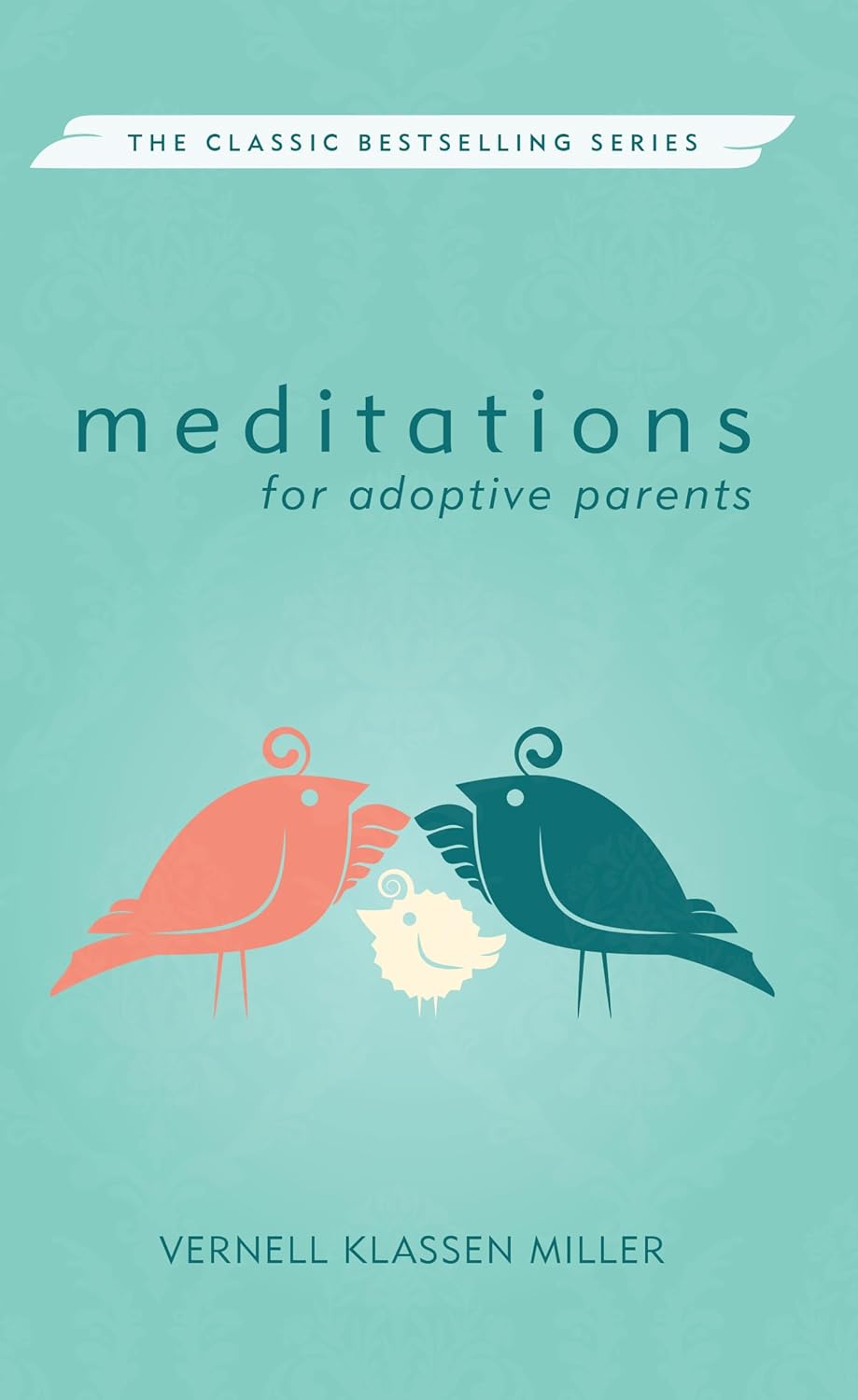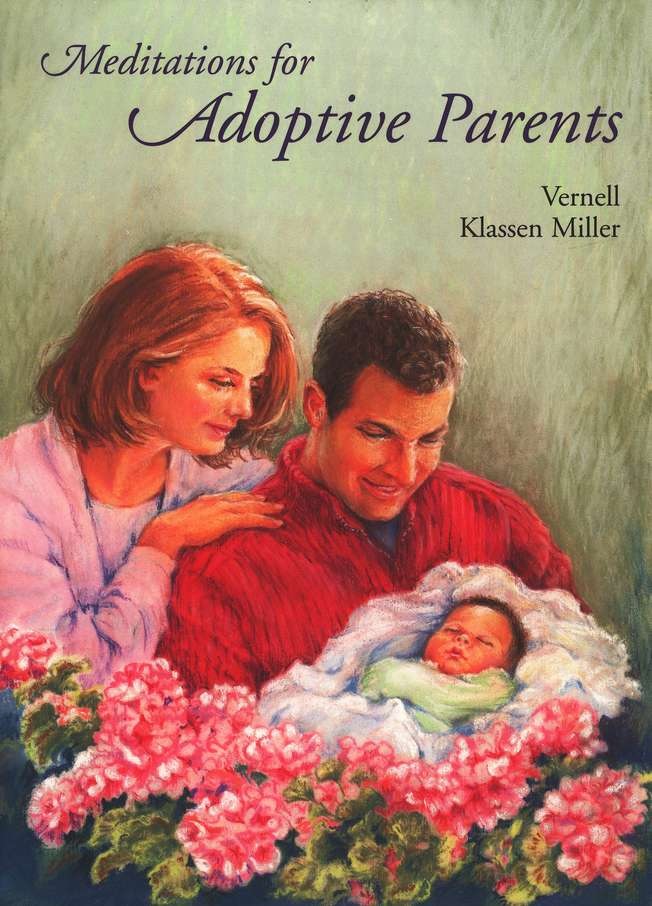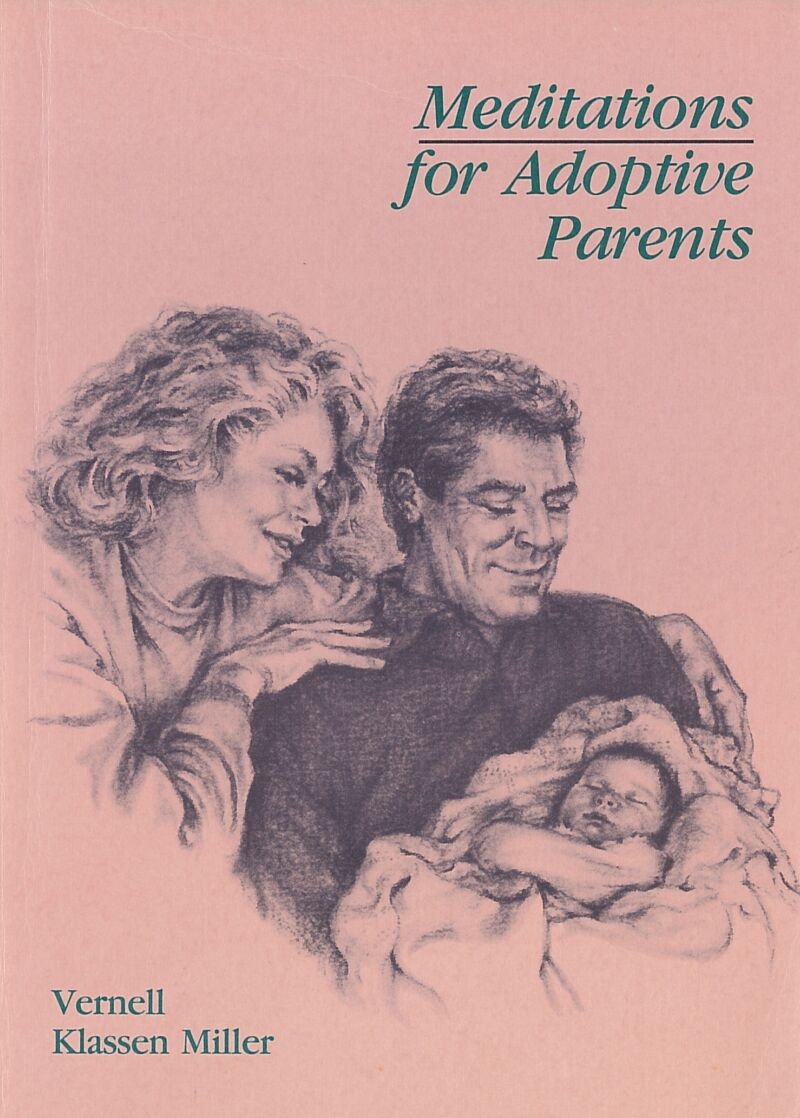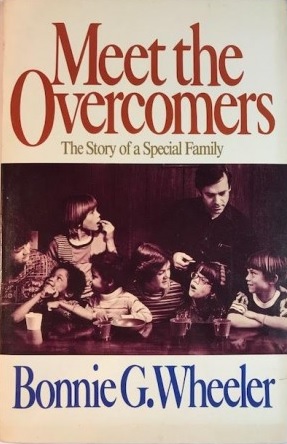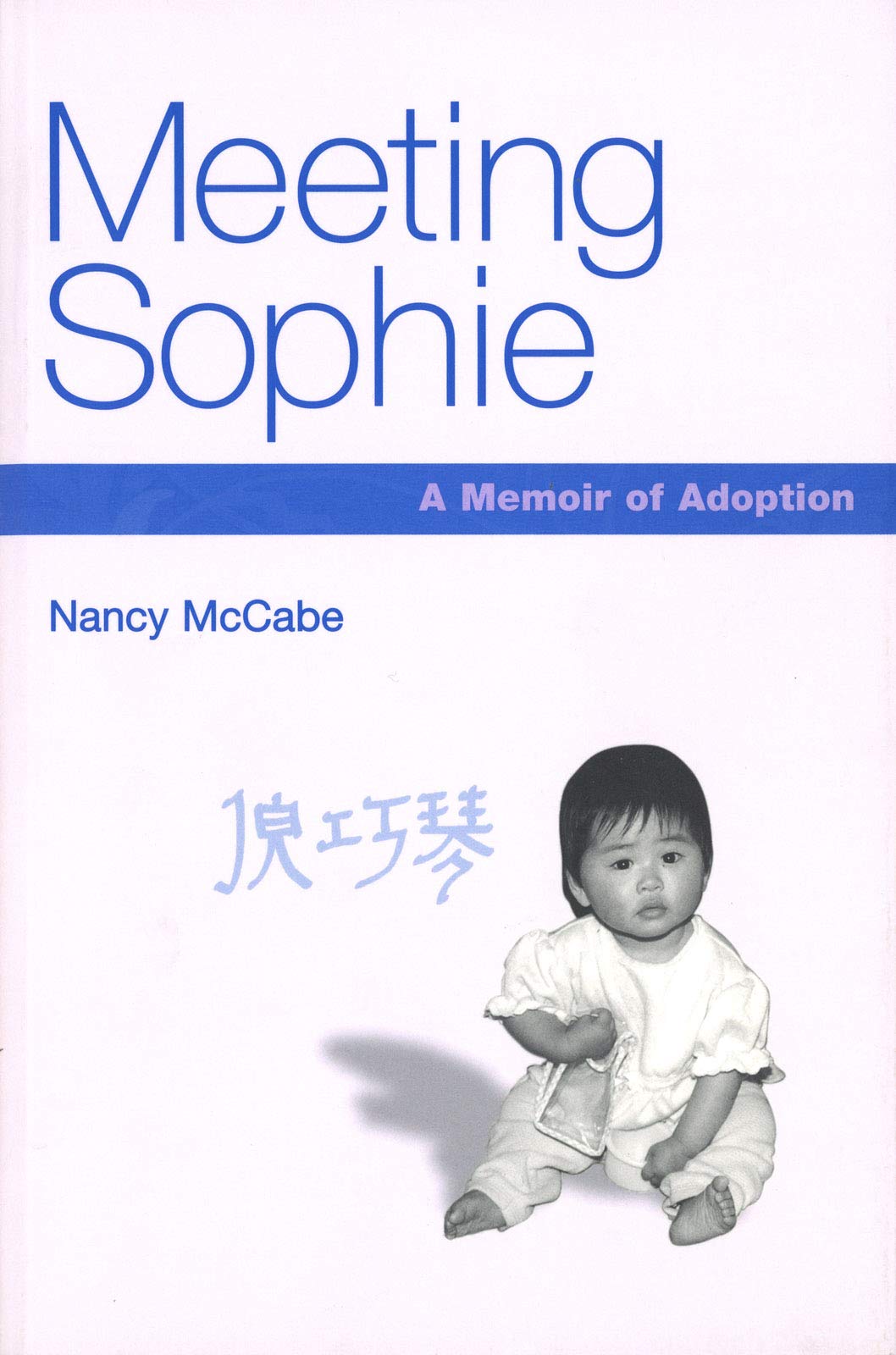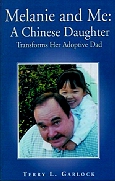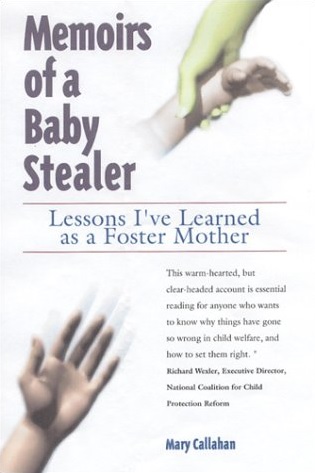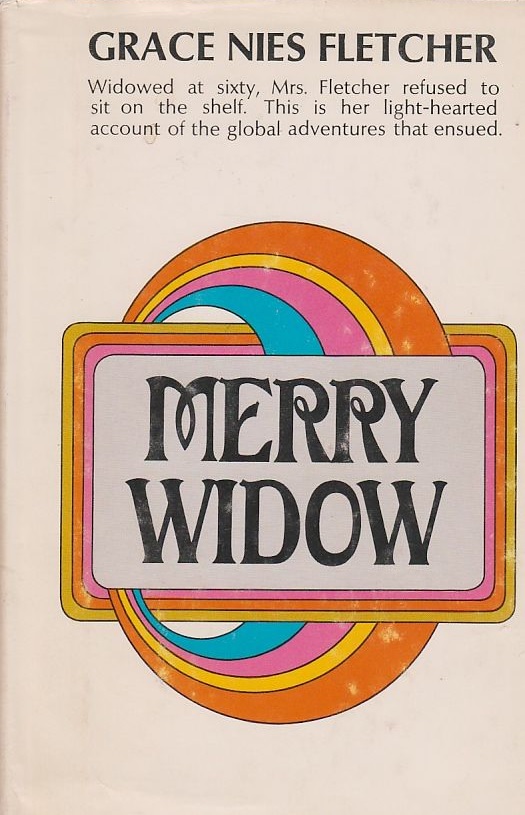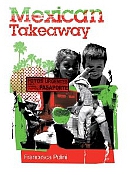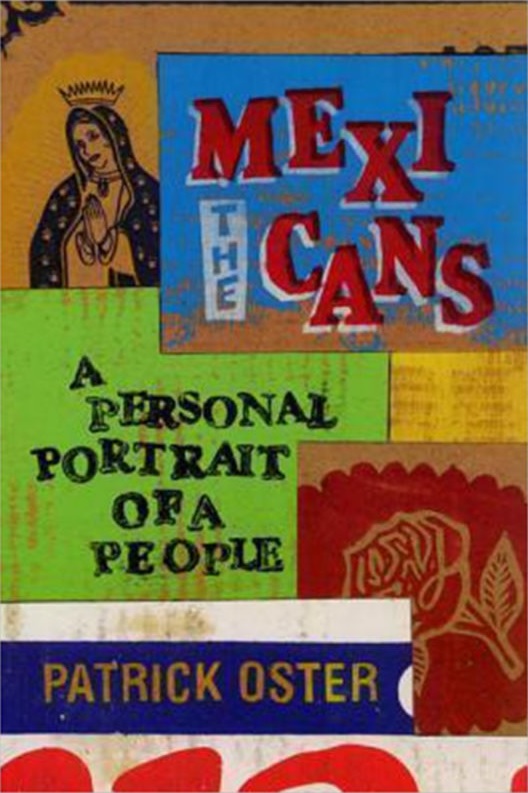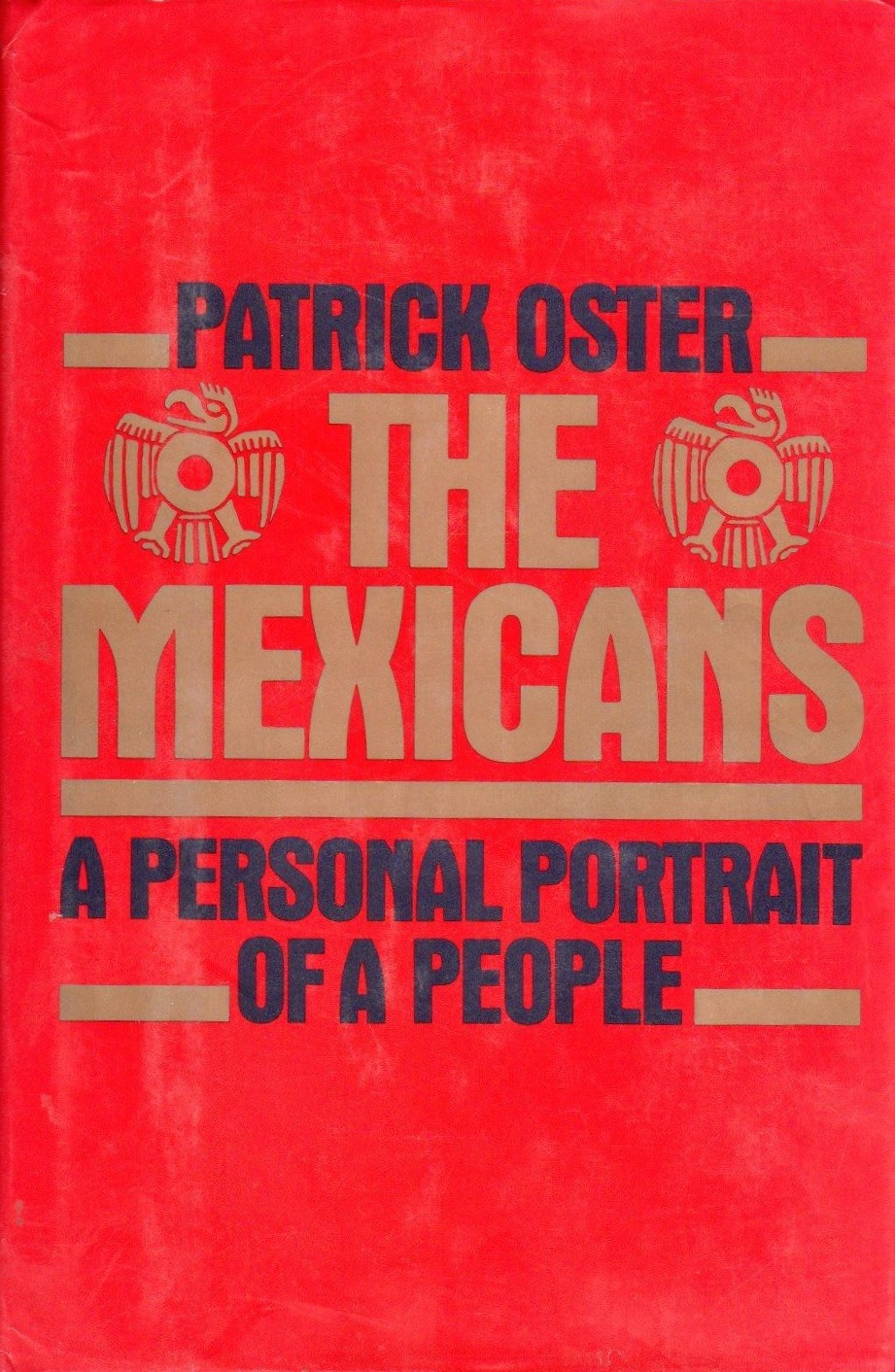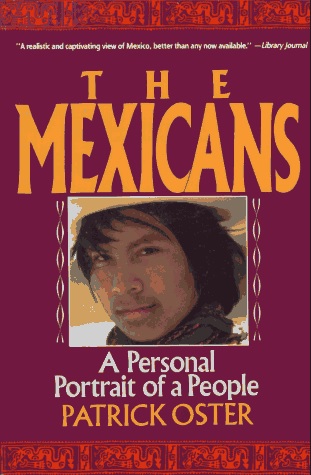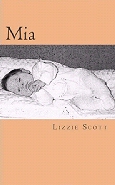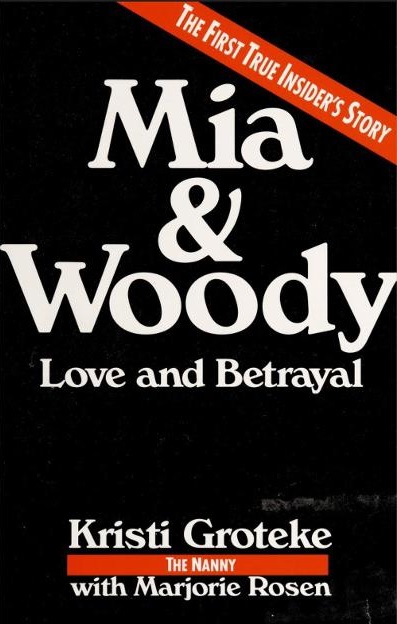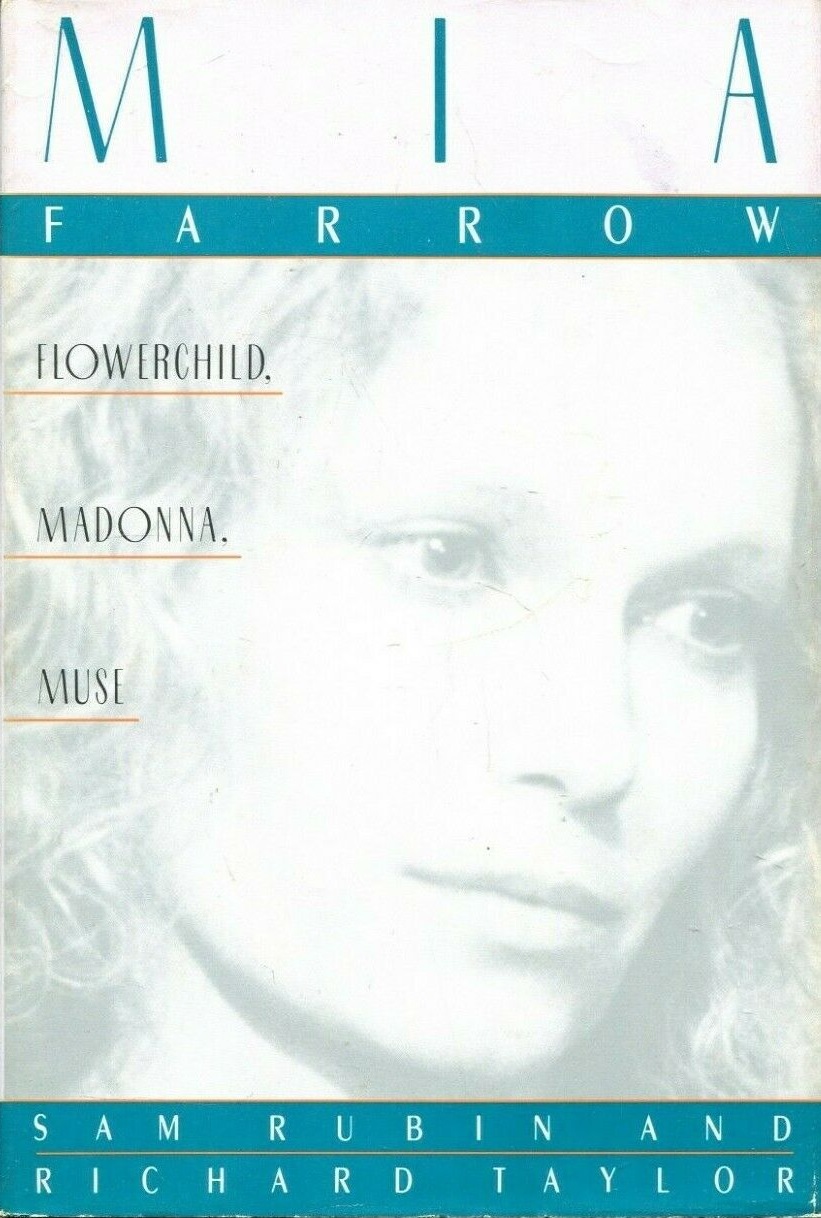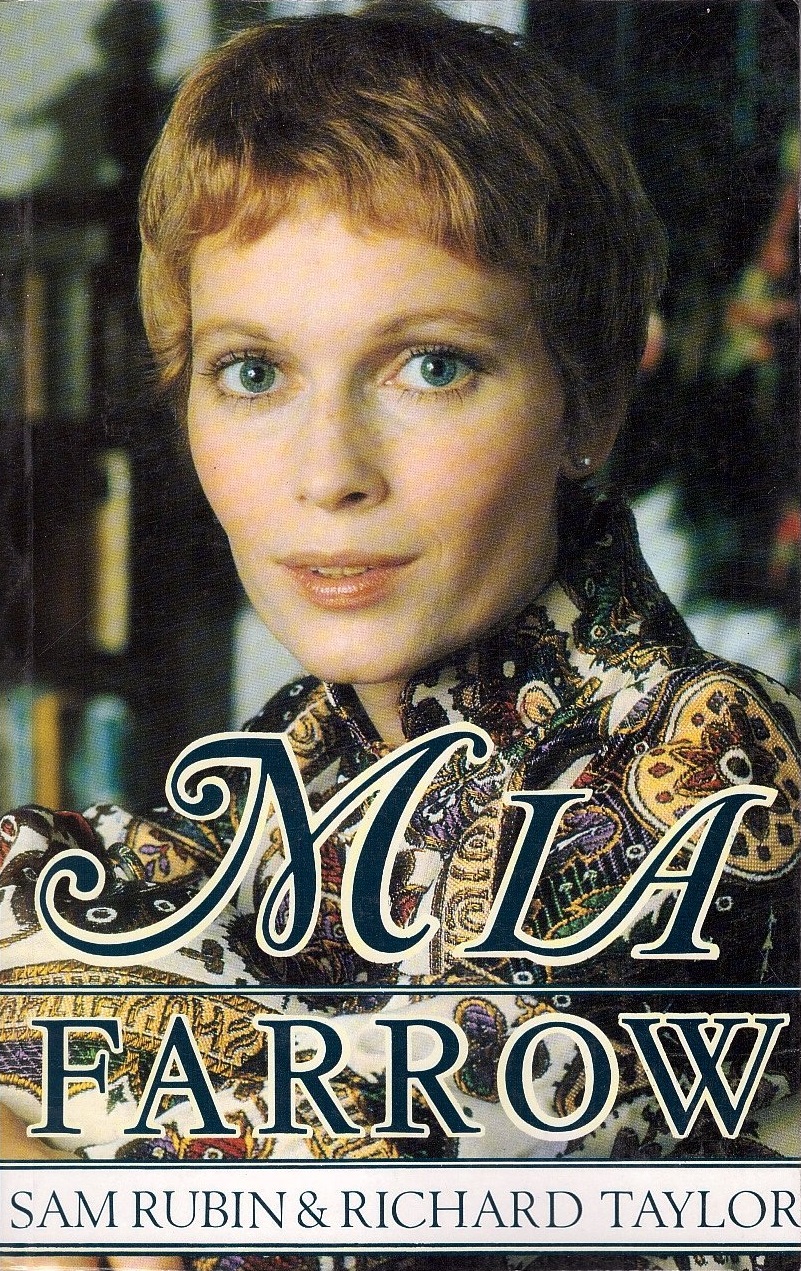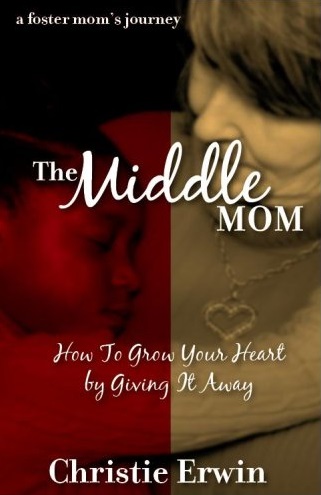From the Dust Jacket:
This is a mother’s powerful and moving story of her adopted son’s triumph over adversity. Matthew was born with a face and body so disfigured that he was abandoned at birth and left to what everyone assumed would be an early death. He had a gaping hole instead of a mouth, so feeding was near impossible, and his internal disorders required a series of operations while he was still a baby.
But no one had bargained for Matthew’s spirit. He survived, and blossomed into a little boy with hopes and dreams far beyond the hospital walls where he spent his early years. At the age of seven, one of his dreams was realised when he found himself a mum, dad, brothers and sisters. Four years later, when his struggles were publicised nationally, Matthew inspired such admiration and sympathy in the British public that they raised £100,000 to send him to the United States for help from the Boy David surgeon, Jan Jackson.
The story has a further twist, for the family that adopted Matthew is both unusual and remarkable. Fred and Christine Learoyd are simple working people with three grown-up children of their own; but over the years they have added six severely physically and mentally handicapped children to their brood.
The Learoyds dote on their family, but life has not always been easy for them, and there are some episodes in this book which Christine found painful to recall. There were times when those around her were unkind and even spiteful to her and her family, but she and her husband persevered, sometimes against enormous odds, to do the best for their children. Today, after many adventures—some joyful, some sad—they have moved from their home county of Kent, where Fred was a miner, to the depths of Wales, where they have already become a much-loved part of the community.
Now, for the first time, Christine Learoyd tells the story of her very special son and of the British people at their most kind and generous.
About the Author:
Christine Learoyd
was born in 1941 in Canterbury, Kent, to a working-class family. The memory of her deeply unhappy childhood made her promise that when she had children of her own they would never have to suffer the tension and trauma of parental fights and arguments. At the age of seventeen she trained as a nurse at the Royal Sea Bathing Hospital in Margate. It was there that she met her husband, Fred, who was a regular visitor to his sick mother, a patient in Christine’s ward. That same year they were married, and two years later, after they had moved to Germany where Fred was serving in the Army, she gave birth to her first child, Kevin, who was followed by Stephen and Lorraine. Today Christine is a grandmother four times over and a devoted mother to her adopted and fostered handicapped children.
Jane Owen
was born in London and brought up near Windsor. After a year spent working as a teacher at Clyde School in Australia, made famous by the film Picnic at Hanging Rock; she read Late Ancient and Medieval History at London University and subsequently became a journalist. Almost every national newspaper has published her work on subjects as diverse as the English legal system and St Valentine’s Day, and she has written several books. She is joint winner of the Van den Berghs and Jurgens reporting award. Today she is Associate Editor of dx, the Daily Express magazine, and writes the Daily Express gardening column.
